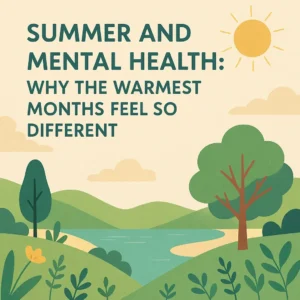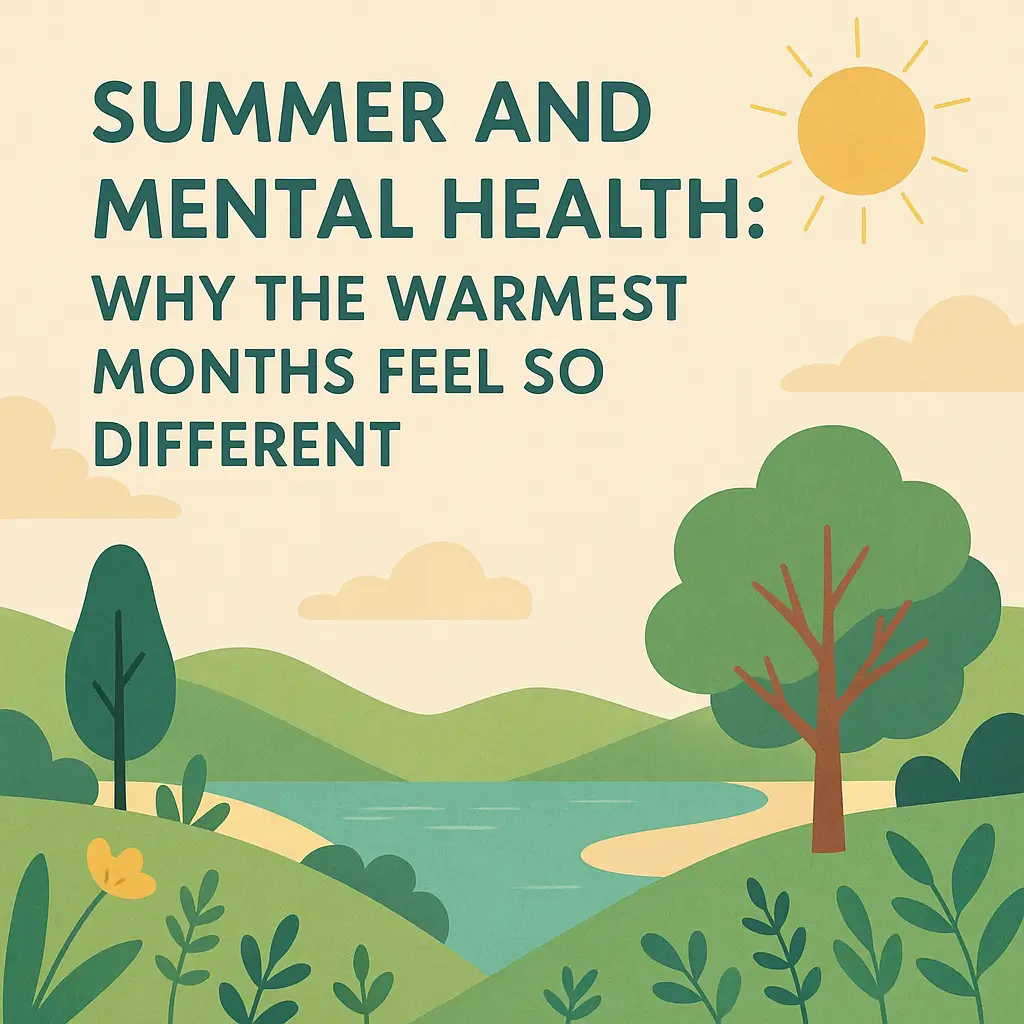Depression and anxiety are common feelings that many people experience. They are like unwelcome guests in our minds, making us feel down or worried for no apparent reason. To understand these feelings better, we need to learn about three essential brain chemicals: cortisol, dopamine, and serotonin. These chemicals are like tiny messengers that help our brain cells communicate with each other.
Cortisol: The Stress Messenger
Cortisol is often referred to as the “stress hormone.” It acts like the body’s alarm system. When we face something scary or stressful, like the first day at a new school, cortisol is released. It prepares our body to face or run away from the challenge – this is called the “fight or flight” response. When you hear a loud noise and suddenly feel awake and alert, that’s cortisol at work!
However, if our body keeps producing too much cortisol, like when we’re under stress for a long period, it can be harmful. This might happen if someone is being bullied at school every day. Constantly high levels of cortisol can make us feel tired, unable to concentrate, or sad for no apparent reason. It’s like a car alarm that keeps going off for hours; it becomes annoying and doesn’t let us have peace.
Dopamine: The Happiness Messenger
Dopamine is often described as the “feel-good hormone.” Think of it as a little cheerleader in our brain that rewards us and makes us feel happy and excited. When we do something we enjoy, like scoring a goal in soccer or taking a test, our brain releases dopamine as a reward. It’s the brain’s way of saying “Good job!” and makes us want to repeat those enjoyable activities.
But if we don’t have enough dopamine, things change. We might feel uninterested in activities we used to love, or we might not feel as happy as we usually do. It’s like the cheerleader in our brain decided to take a nap, and without the cheers and encouragement, things don’t seem as enjoyable or exciting.
Serotonin: The Mood Balancer
Serotonin is another crucial chemical in our brain. It’s like a traffic cop that helps keep our moods stable. It regulates our emotions, making sure they don’t go too high or too low, and helps us feel calm and content. You can think of serotonin as the chemical that keeps us in a “just right” state, much like Goldilocks finding the porridge that was neither too hot nor too cold.
If our serotonin levels are low, our moods might be everywhere. One moment we could be extremely happy, and the next, we might feel incredibly sad. It’s like being on an emotional rollercoaster. Low serotonin levels can also make us feel anxious or worried about things, even small things, like whether we left a light on at home.
How They Affect Depression and Anxiety
When the levels of cortisol, dopamine, and serotonin are not balanced, it can lead to depression and anxiety. Depression is more than just feeling sad; it’s a condition where we lose interest in things we used to enjoy and feel hopeless. Anxiety is like having a worry bug in our brain that makes us feel scared or nervous a lot, even about things that might not be scary.
Too Much Cortisol
For example, a student constantly worried about exams may have high cortisol levels. This can make them feel anxious and stressed all the time, making it hard for them to focus or enjoy other parts of life. It’s like living with an alarm constantly going off in their head, making them feel on edge.
Not Enough Dopamine and Serotonin
Imagine a child who loves drawing but suddenly stops finding joy in it. This could be due to a lack of dopamine, which makes them lose interest in activities they once loved. Similarly, if someone’s serotonin levels are low, they might feel sad or worried without any obvious reason. It’s like the mood-stabilizing traffic cop isn’t there to keep things running smoothly.
Keeping Your Chemicals Balanced
Keeping our brain chemicals balanced is crucial for our mental health. Here are some ways to do that:
- Exercise: Activities like playing soccer, swimming, or even a walk in the park can increase dopamine and serotonin while lowering cortisol. It’s like hitting a reset button for our brain.
- Eating Healthy: Foods like fruits, vegetables, and nuts provide the nutrients our brain needs to produce these chemicals. It’s like giving our brain the right tools to build a happy and calm mind.
- Sleeping Well: Getting enough sleep is like giving our brain a chance to rest and reset. It helps keep our chemical messengers in balance.
- Talking About Feelings: Sometimes, talking to someone we trust, like a parent, teacher, or counsellor, can help us understand and manage our feelings better. It’s like having a guide in navigating our emotions.
Wrapping up
Cortisol, dopamine, and serotonin are tiny messengers in our brain that play a big role in how we feel. When they are not balanced, we can experience feelings of depression and anxiety. By taking care of our bodies and minds through exercise, healthy eating, good sleep, and talking about our feelings, we can help keep these chemicals in balance. This can lead to a happier, more relaxed state of mind. It’s always okay to ask for help if we’re feeling too sad or worried.















